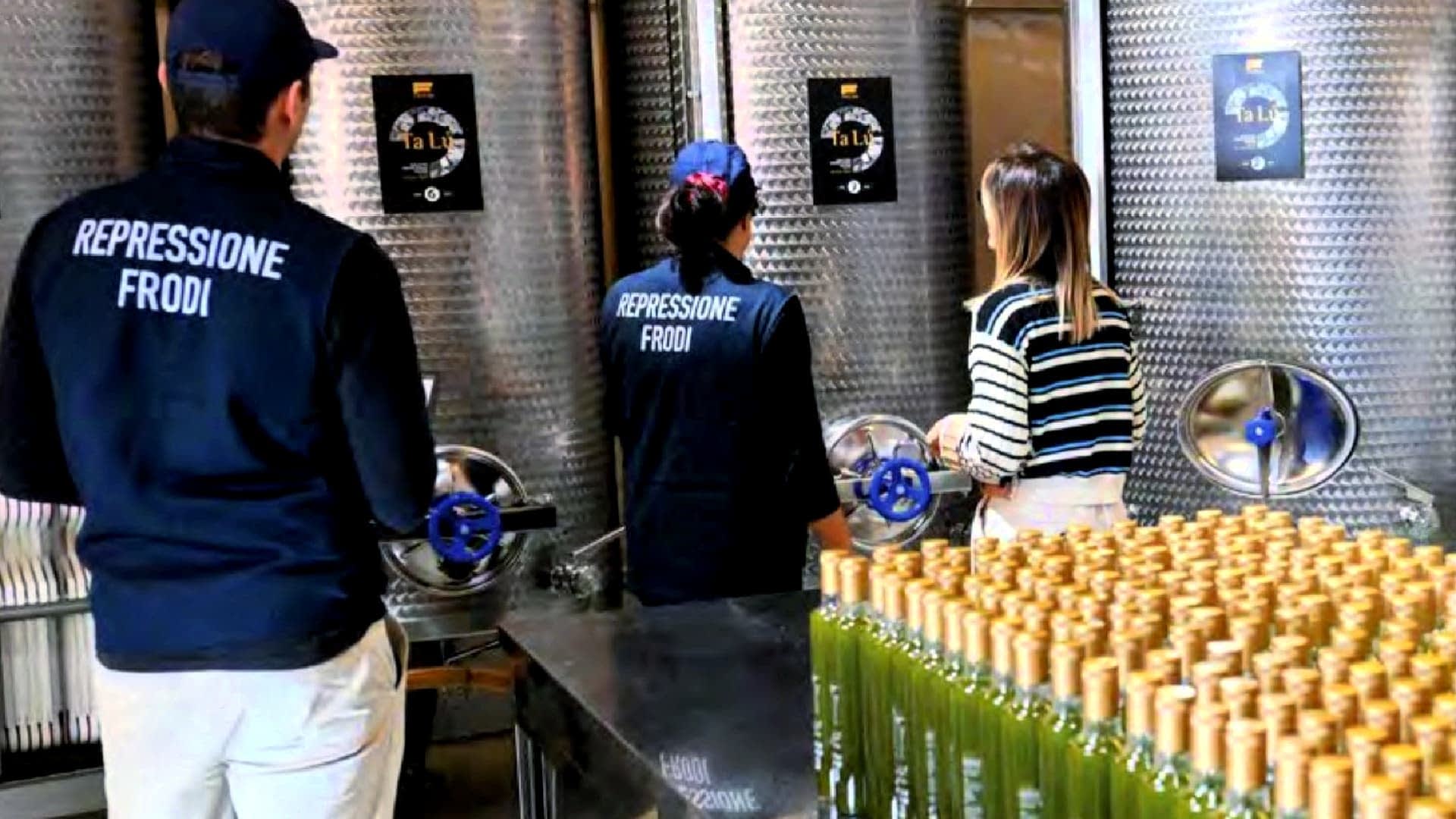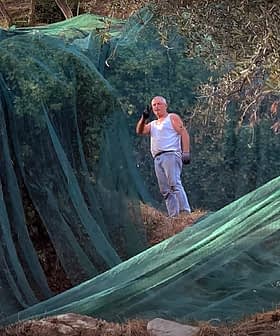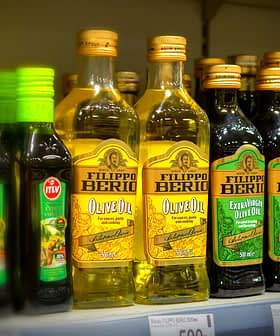Olive Oil a Leading Focus in Italy’s Crackdown on Food Fraud

Italy’s food fraud prevention efforts in 2024 focused on olive oil, with more than 8,200 of 54,000 food inspections targeting vegetable oils, leading to the discovery of discrepancies in nearly 15 percent of samples taken. The national digital olive oil registry, combined with broad controls and a specialized police force, played a key role in preventing food fraud in the olive oil sector, leading to the seizure of large quantities of non-compliant olive oil and safeguarding the reputation of ‘Made in Italy’ products.
A significant portion of Italy’s food fraud prevention efforts in 2024 focused on olive oil.
According to the new report of the central inspectorate for quality protection and anti-fraud of agri-food products (ICQRF), more than 8,200 of 54,000 food inspections targeted vegetable oils, with most of them related to extra virgin olive oil.
Using a network of laboratories maintained by the inspectorate and its partner universities, ICQRF found that in nearly 15 percent of the samples taken, the declared contents of the containers did not match the actual contents.
See Also:Discounted Olive Oil Offers in Italy Spark Concerns Over Quality, Fair PricingOverall, 23 percent of samples yielded “irregular results,” meaning the contents of the container did not match the labels or there was some other mistake in identifying the product.
Inspectors found 19 percent of the operators to be noncompliant with current regulations.
In 2024, 72 criminal reports, 896 administrative sanctions, 843 formal warnings and 76 seizures corresponded to the olive oil sector.
Altogether, authorities confiscated 455,000 kilograms of non-compliant olive oil valued at more than €4 million.
These figures make olive oil one of the most heavily sanctioned sectors in the Italian agri-food system.
This focus is no coincidence. Olive oil is considered a high-risk sector due to its susceptibility to fraud.
According to ICQRF, one of the keys to the anti-fraud operations is the national digital olive oil registry (RTO).
The RTO is a system meant to trace the olive oil supply chain at the national level. It allows authorities to control and monitor in real-time every movement of olives, olive oil and olive pomace oil.
All olive traders, olive oil mills, bottling companies, bulk olive oil traders, refineries and pomace dealers must maintain an updated registry for each of their facilities.
According to ICQRF, the national digital olive oil registry, combined with broad controls in the region and the deployment of a specialized police force to detect fraud, is a globally unique feature for preventing food fraud.
In its report, ICQRF included several examples of the numerous coordinated operations conducted by the agency and its specialized police forces in 2024.
In Veneto, discrepancies totaling more than 72,000 kilograms were identified between physical stock records and digital registry records.
In Umbria, authorities uncovered a fraudulent scheme involving E.U.-origin oil passed off as Italian, along with blends of seed oils and lower-grade olive oils sold as premium extra virgin olive oil.
See Also:New Method Detects Olive Oil Adulteration, Reduces Environmental ImpactIn Tuscany, investigators shut down the sale of counterfeit extra virgin olive oil made from seed oil and pomace, colored with chlorophyll and beta-carotene.
In Campania, 8,000 liters of falsely labeled extra virgin olive oil were seized after tests revealed adulteration with sunflower oil and synthetic colorants.
One of the largest seizures occurred in Bari province, where 340,000 kilograms of unregistered, organic, virgin olive oil, worth approximately €3 million, were confiscated.
In Liguria, 18,000 liters of E.U. olive oil were sold as high-value Taggiasco Italian oil, while €230,000 worth of product was traded off the books.
In the province of Rome, more than 100,000 liters of irregular olive oil destined for restaurants were taken off the market.
Some enforcement efforts extended beyond Italy’s borders. Following a tip from French authorities, Italian inspectors intercepted mislabeled extra virgin olive oil at the border, leading to the seizure of nearly 92 tons of vegetable oils and more than 10,000 falsely branded packages.
In 2024, agri-food exports from Italy exceeded €70 billion, eight percent more than in the previous year.
As a whole, the agri-food sector represents 15 percent of the Italian Gross Domestic Product, with a turnover exceeding €200 billion.
“This remarkable achievement would not be possible without an effective control system that ensures the authenticity and safety of our products, safeguarding the reputation of ‘Made in Italy’ and protecting the work of producers who follow the rules,” Francesco Lollobrigida, minister of agriculture, food sovereignty and forests, said during the presentation of the report.
“Controls play a crucial role along the entire supply chain, from farm to table. Competent authorities such as ICQRF are at the forefront of ensuring that Italian products meet high quality standards,” he added.
“In addition to territorial surveillance, ICQRF works in partnership with international bodies, e‑commerce platforms, and customs offices to prevent the spread of falsified and counterfeit products, which threaten the reputation of ‘Made in Italy’ in global markets,” Lollobrigida continued.
“Thanks to these activities, thousands of falsely labeled products are seized each year, protecting both consumers and producers who invest in quality and authenticity,” he concluded.







